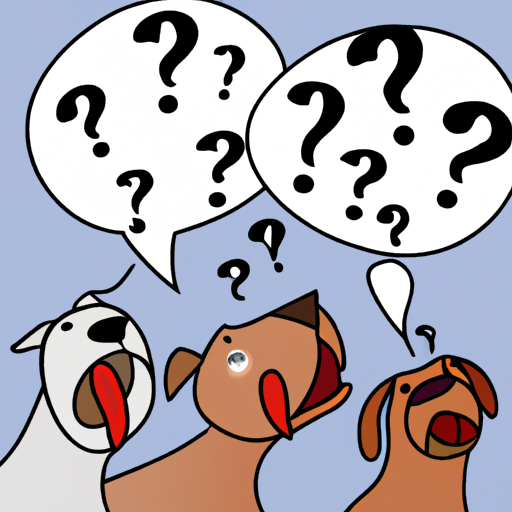Every dog owner has been there. You’re in the middle of a deep sleep when suddenly, the haunting sound of your dog’s howl pierces the night. You’re left wide-eyed, heart pounding, wondering what on earth could have caused such a reaction. But what does it really mean when your dog howls?
Understanding the Canine Language
Dogs, like their wolf ancestors, are known to communicate through a variety of sounds, which include barking, growling, whimpering, and yes, howling. By understanding the context in which these sounds are made, you can better identify what your dog might be trying to tell you.
- Barking: Often associated with alertness or excitement.
- Growling: Usually a warning sign of discomfort or aggression.
- Whimpering: Typically signifies pain or distress.
- Howling: Can mean a range of things, from loneliness to communication with other dogs.
The Reasons Behind the Howl
There are several theories as to why dogs howl, many of which can be traced back to their wolf ancestry.
- Communication: Wolves howl to communicate with their pack members over long distances. Domestic dogs might also use howling as a form of long-distance communication or response to high-pitched sounds like sirens or musical instruments.
- Attraction: Wolves howl to attract a mate. While domestic dogs are less likely to use this method, howling could still be a response to hearing other dogs howl, almost like a call and response.
- Anxiety: Wolves howl when they are separated from their pack. Similarly, dogs often howl when they are lonely or anxious, especially if they are left alone for extended periods.
Decoding the Howls
Different howls can mean different things. Here’s a table to help you decode your dog’s howling:
| Type of Howl | Possible Meaning |
|---|---|
| Continuous, long howls | Anxiety or loneliness |
| Short, frequent howls | Excitement or anticipation |
| Mixed with growling | Warning or aggression |
How to Respond to Your Dog’s Howling
If your dog’s howling is causing concern, there are several steps you can take to address the issue.
- Identify the trigger: Try to figure out what is causing your dog to howl. Is it a specific sound? Are they alone? Are they in pain?
- Address the cause: Once you’ve identified the trigger, take steps to address it. If your dog is lonely, spend more time with them. If they’re responding to a certain sound, try to eliminate or reduce that sound.
- Seek professional help: If the howling continues and it’s causing distress to your dog or disruption to your household, consider seeking the advice of a professional dog trainer or behaviorist.
Frequently Asked Questions
Q: Is howling a sign of pain in dogs?
A: While howling can be a sign of distress or discomfort, it is not always indicative of physical pain.
Q: How can I stop my dog from howling at night?
A: Identify any potential triggers causing the howling and address them. If the problem persists, seek professional help.
Q: Is howling harmful to dogs?
A: No, howling is a normal form of canine communication. However, excessive howling might be a sign of underlying issues.
Understanding the meaning behind your dog’s howling can help you better care for their emotional and physical needs. Remember, every dog is unique and what works for one might not work for another. Always approach your dog with patience and kindness as you navigate through their world of sounds.



